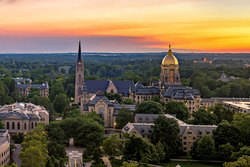Zhang lands DOD breast cancer research award
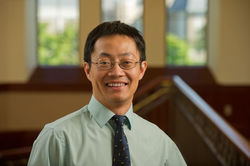
Siyuan Zhang, the Dee Associate Professor of Biological Sciences who is also affiliated with the Center for Stem Cells and Regenerative Medicine and the Harper Cancer Research Institute, landed a nearly $1.1 million Breast Cancer Research Program Breakthrough Award through the Department of Defense in August.
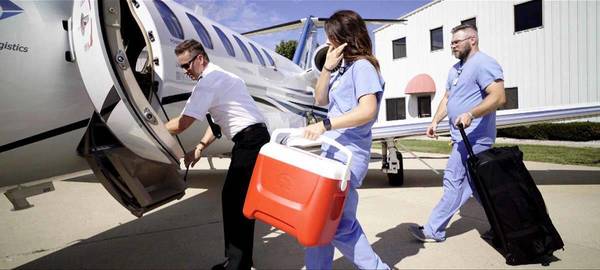
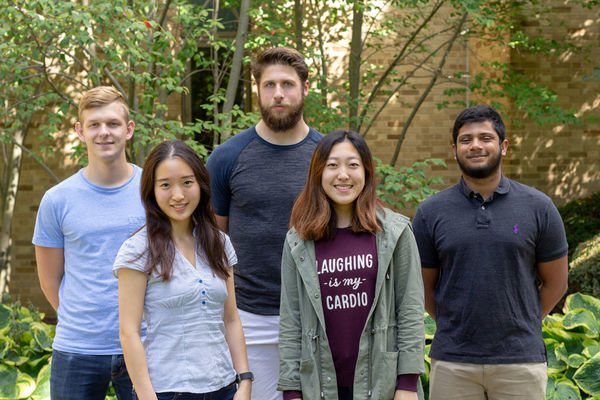
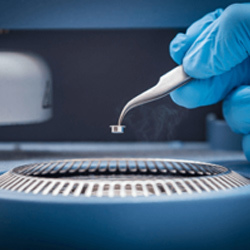
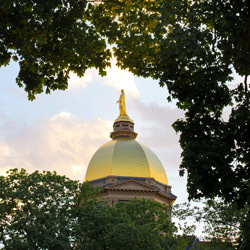
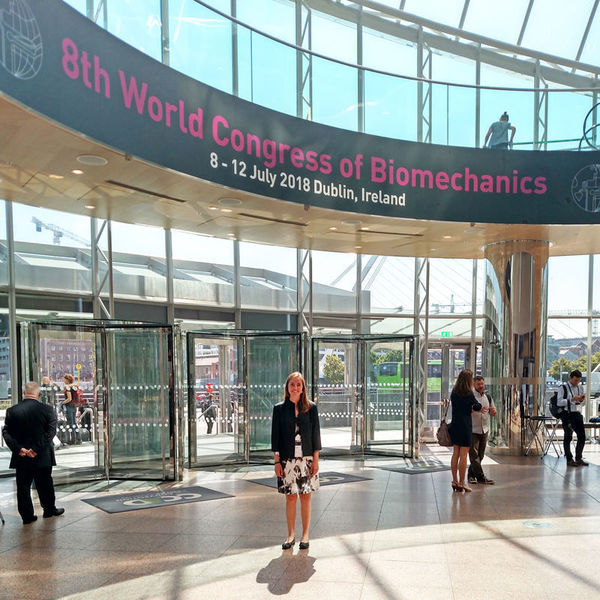 Kimberly Curtis at World Congress of Biomechanics in Dublin, Ireland
Kimberly Curtis at World Congress of Biomechanics in Dublin, Ireland